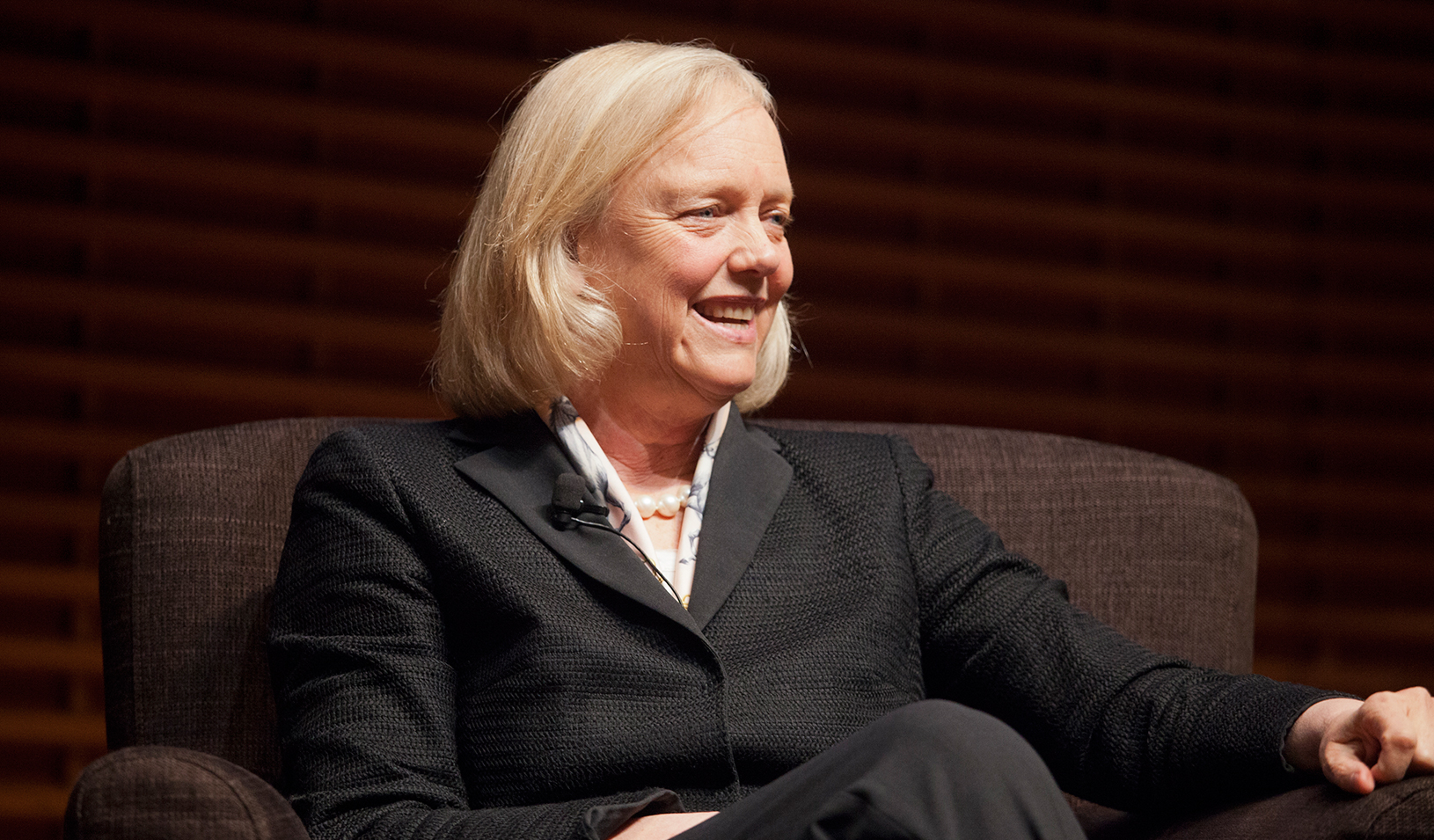
The concept of masculinity embedded in the American psyche is not necessarily a pretty one — it is often equated with stoicism, dominance, violence, and emotional repression. That view is communicated to boys and men in films, on television, through sports, and in video games, says filmmaker Jennifer Siebel Newsom. “If you are socialized at a very early age to repress emotions and empathy, and are told your value lies in making money, in athletic prowess, power, dominance, control, and aggression — regardless of the cost to society — you get a lot of adult men who are repressed, disconnected, and emotionally illiterate,” she says.

Siebel Newsom, who received her MBA from Stanford GSB in 2001, puts that perception of masculinity in American culture under a microscope in her new documentary, The Mask You Live In. (Her previous film, Miss Representation, examined how the media contributes to the underrepresentation of women in positions of power and influence in America.) In Mask, she aims to show that images of men in the media encourage and reinforce behavior that has been destructive for boys, men, and society as a whole.
Siebel Newsom says the “mask” is the persona that boys and men take on in order to fit societal expectations of what it means to be a man. And it has consequences. Boys are more likely than girls to be expelled from school, binge drink, commit a crime, or take their own lives, she says. Yet the fact that her film has sparked conversations about these societal expectations also speaks to the progress being made.
One of the men featured in the film, Steven, talks about his father, who was a nasty alcoholic and emotionally repressed. Steven says his father told him to “get a job, get a lot of women, and you’re a man.” As a college undergraduate, Steven fathered a son that he is raising on his own. The experience of fatherhood has changed him profoundly. “I was taught that men are tough and strong, but I spent a lot of nights crying,” he says. One day, his son, Jackson, said to him, “Daddy, I’m sensitive.” Steven started reading up on sensitivity and says his son taught him to be more in touch with his emotions. “I used to tell him, ‘Daddy wasn’t allowed to cry growing up, but it’s OK to cry. And if you need to cry, cry.’”
Siebel Newsom shared some takeaways about the film during an interview with Insights by Stanford Business.
It Starts in Boyhood
The dominant culture of masculinity in America encourages men to hide their pain, she says. In the film, Caroline Heldman an associate professor of politics at Occidental College, says masculine culture is “a rejection of everything that is feminine.” This fear of being seen as weak starts in boyhood and follows men for the rest of their lives. They learn that it is not masculine to cry or express emotions in public.
Business Leaders Wear Masks Too
Because of that mask, corporate leaders — who are also role models — often create a hypermasculine culture of repression and inauthenticity in the workplace. That culture dominates certain industries, says Siebel Newsom, including finance, technology, and entertainment.
Creating a New Definition of Manliness
Redefining masculinity so that it includes emotional literacy, empathy, and valuing relationships would change the way men think about power and how they lead. Instead of a culture that rewards a hard-driving and unfeeling leader, leaders could develop into coaches, collaborators, and mentors.
Develop Emotional Intelligence
A departure from the stereotypically masculine definition of power and success could create a generation of leaders who are more emotionally intelligent, a trait that has been positively linked to effective leadership, she says.
Siebel Newsom says effective leaders have to start recognizing that workplace culture is sustainable only insofar as people are happy and continue to grow and thrive. “For that we need a cultural shift,” she says, “so that boys and men are comfortable with their emotions, and put relationships and community on a higher pedestal than money, power, and possessions.”


